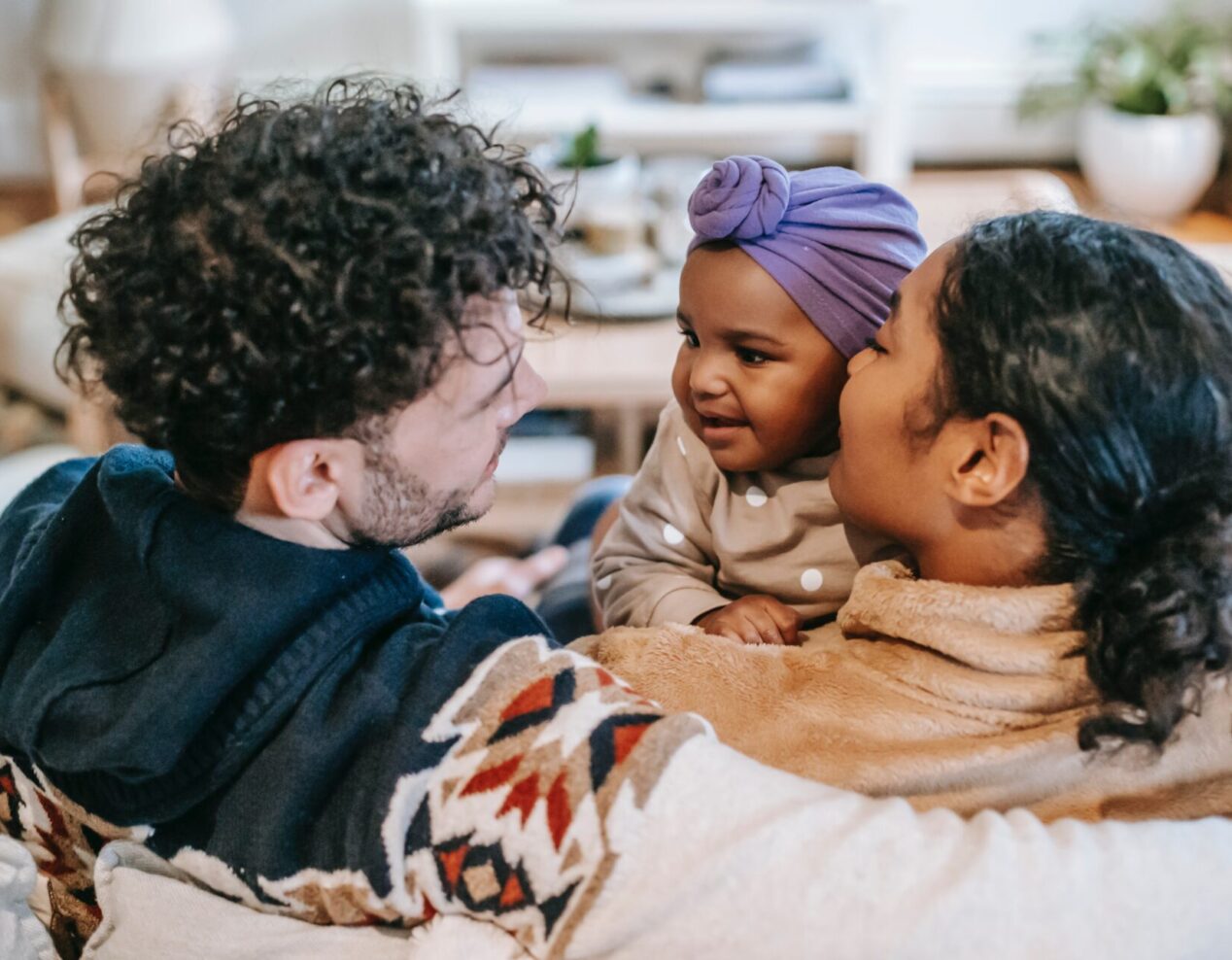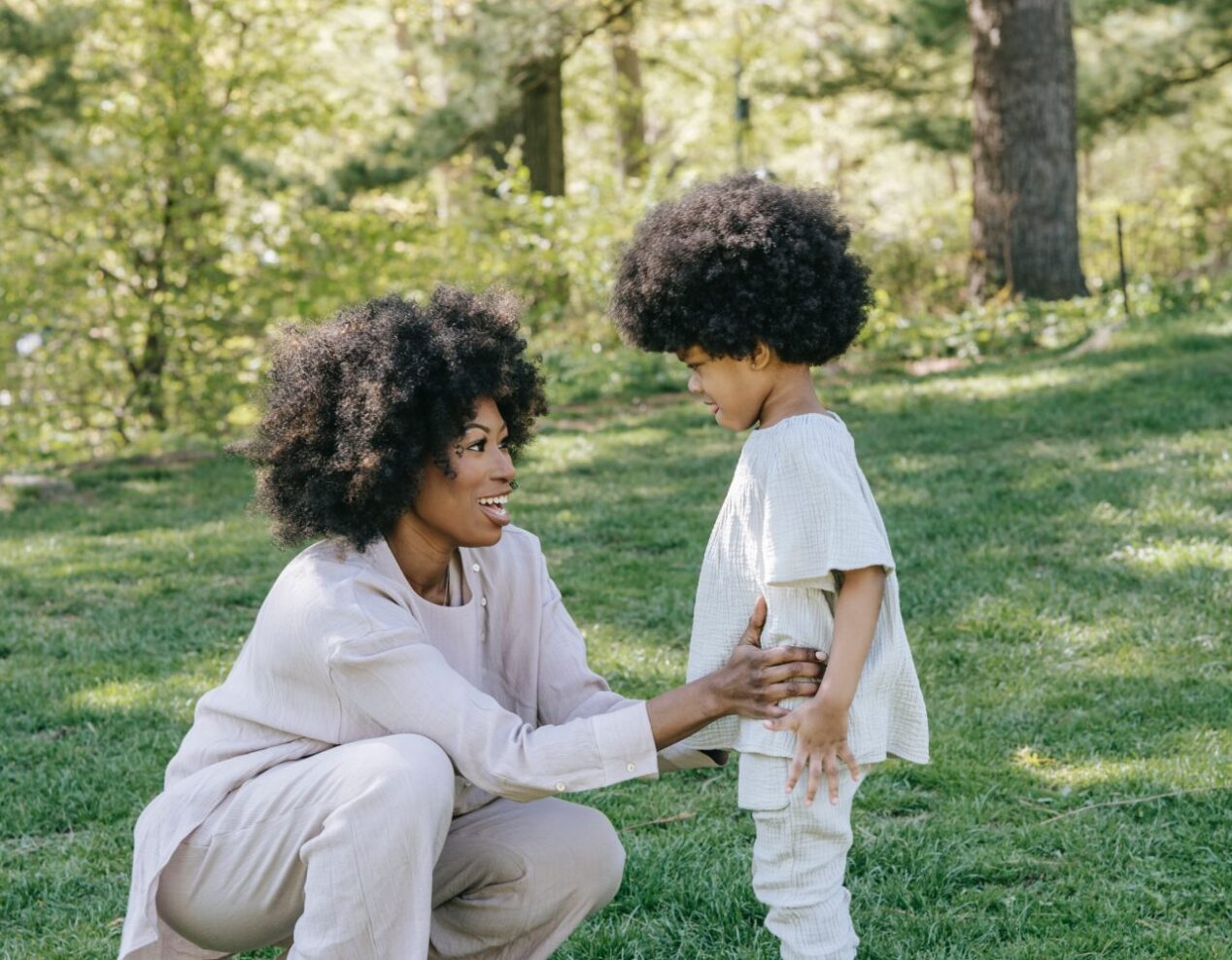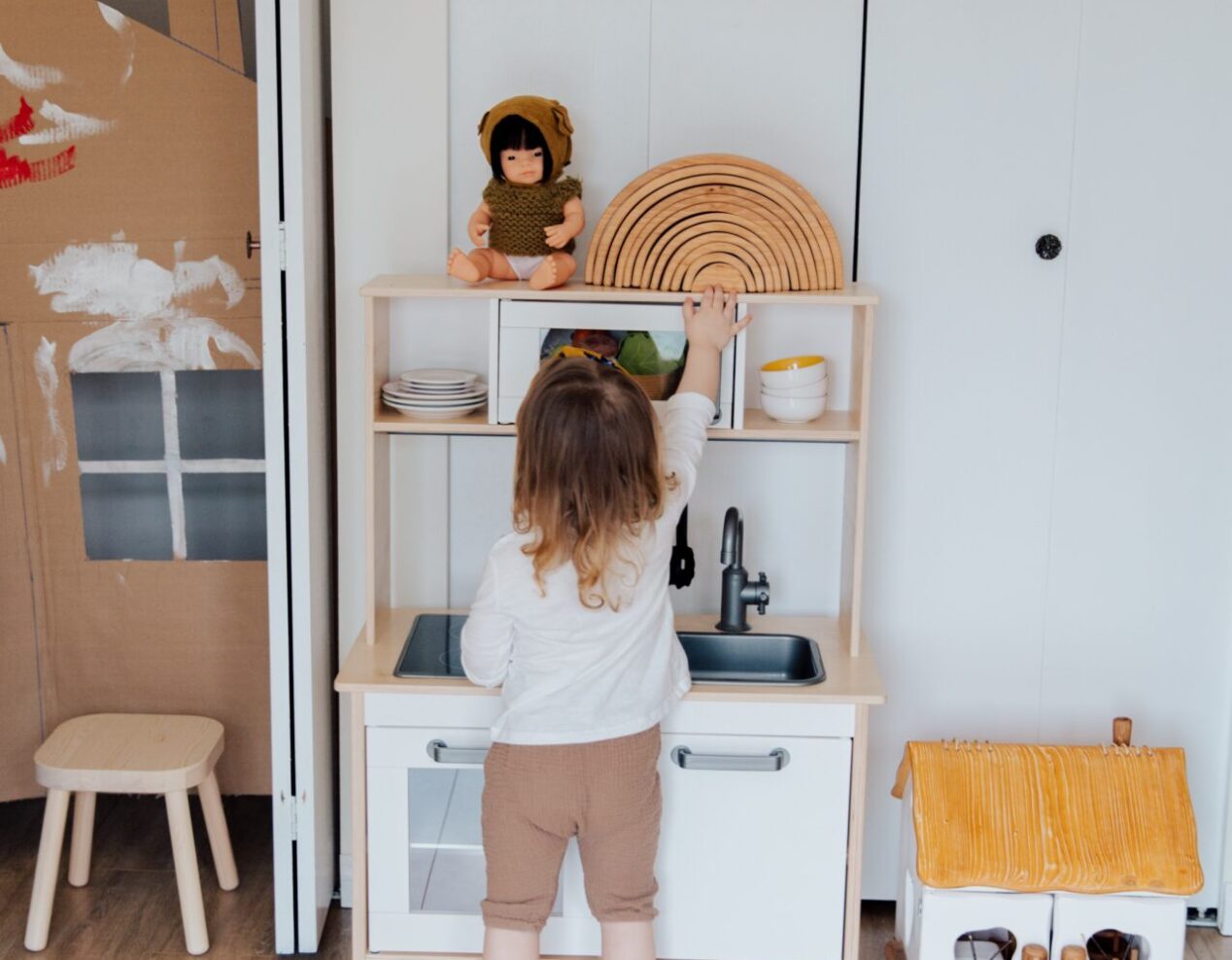Unveiling five key language development milestones for your child

During the tender age of two, there’s a flurry of language-related growth taking place in your child. Their sentences could be getting longer, they might be trying out novel parts of speech, their word bank could be doubling, and they could be forming more complete sentences.
Simultaneously, they might begin multitasking – talking and playing, or grasping two-step instructions.
Language progression varies greatly among children, and a significant part of it is internal. For instance, a child who speaks later than others might be fortifying their receptive language – understanding much more than they can articulate. As Janet Lansbury puts it, “Talking requires courage. Relax, be patient, and trust your child’s inherent timetable. Many patient parents have witnessed their child’s verbal abilities blossom overnight – a language explosion.”
Let’s delve into the ways a two-year-old’s language development might be taking shape:
Building Miniature Sentences
Between 24 to 30 months, your toddler might start forming three-word sentences such as “me want juice” or using concise sentences to recount their experiences. You can support this development by asking pointed questions like “What story did Grandma narrate yesterday?” rather than “What happened yesterday?”
From 33 to 36 months, they might begin repeating sentences with up to five words that you articulate or read.
Decoding Pronunciations
By the 30th month, your child might have an expressive vocabulary—words they can pronounce—of 50 or more words. Jotting these down could be fun and you could even compile them into a personalized picture book. Between 30 and 35 months, your child’s expressive vocabulary might comprise 200 words or more.
It is suggested to repeat your child’s words with correct pronunciation instead of directly correcting them. For instance, if your child says, “want chocklet”, simply respond with “Here’s your chocolate!”
Discovering the Power of “I” and “You”
Recognizing that short words like “I” and “you” can represent people they know is a huge stride in your child’s language development. Between 24 and 30 months, children often start using self-referential pronouns like me and mine. Pronouns also start appearing in commands, such as “you give it” or “you come”.
One way to demonstrate the correct use of pronouns is to echo a phrase back to your child. For instance, if your child says, “me want orange”, respond with “Oh, you want an orange? Here you go.”
Consistent use of I and me (and related words like mine, my, and I’m) might commence as early as 27 months but might take until your child’s third year to fully integrate. Narrating your actions while your child observes is a brilliant way to demonstrate, such as when you’re getting dressed, you can describe “Now the label of the pants is touching the floor, then each foot is slipped into the leg openings.”
Questioning the World Around Them
Between 34 and 36 months, your child’s queries often become more sophisticated and begin with adverbs like how, why, what, who, and when. Reading books together is an excellent opportunity to foster this curiosity.
Mastering Time Concepts
Between 24 and 30 months, children often start using past tense, usually overgeneralizing the suffix “ed” (“I runned,” “I goed”). By 30 months, your child might start assisting you in narrating a familiar tale, or even attempt an entirely new one.
At around 34 months, your child might start asking questions beginning with “when,” like “when are we going?”.
A Note of Caution
Instructing a two-year-old to “use their words” when they’re gesturing, whining, or crying might not always be fair as they might not yet have the vocabulary to express their feelings. You can assist by providing the language they require to articulate their needs: “It seems like you want that toy, but it’s too high for you to reach. Can you say, ‘please pass me that toy?'”
When to Seek Medical Advice
Given the extensive range of language development considered “typical”, it can be challenging to determine when to consult your child’s paediatrician. I CAN suggests seeking a specific language evaluation from a doctor if it’s difficult to understand most of your two-year-old’s spoken words. Language development depends heavily on good hearing. If you have any concerns, please consult with your child’s doctor.



